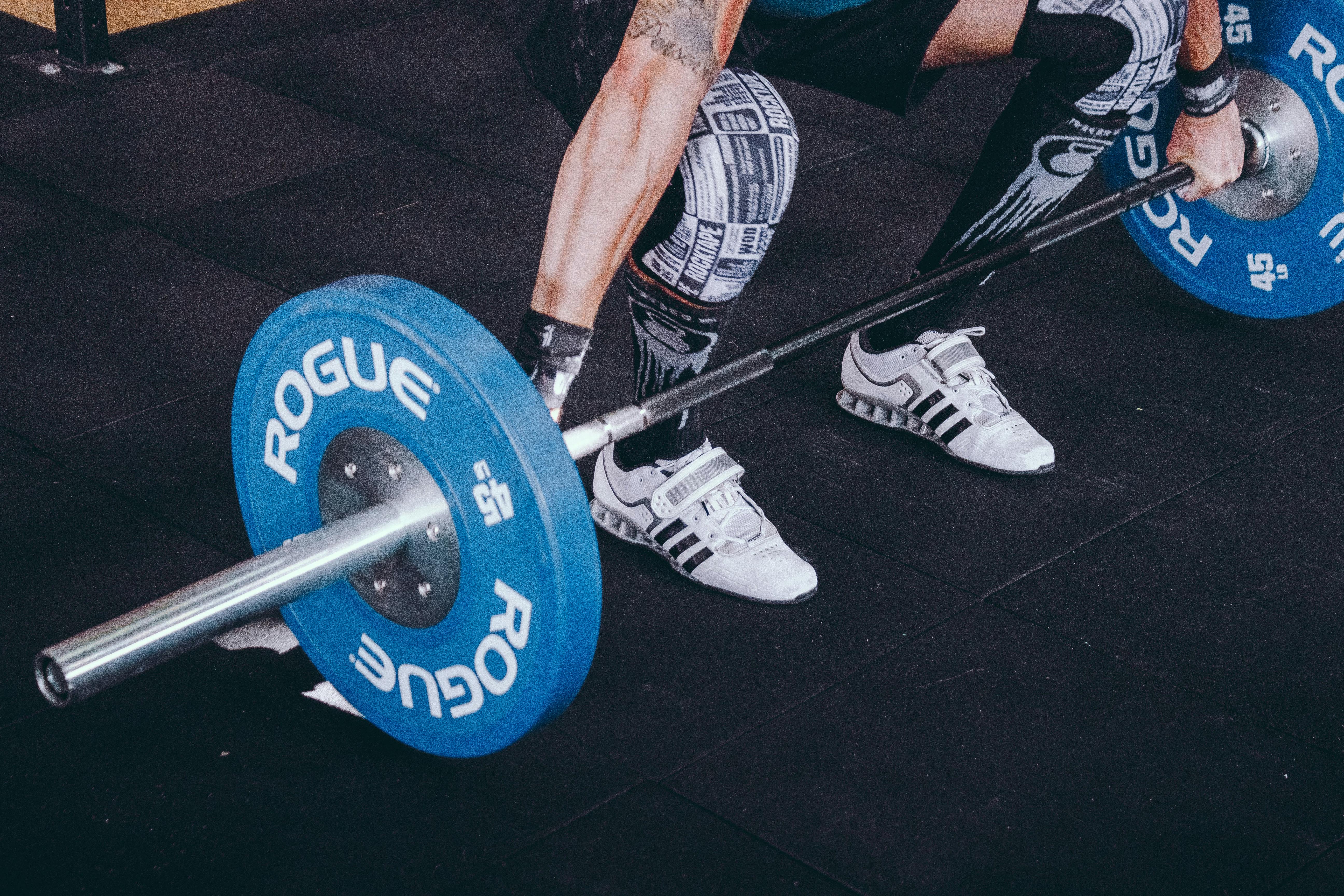Which weighs more: a pound of fat or a pound of muscle?
While the title of this article may be a leading question, it makes you think. If we rephrase it a bit, to something like “which is bigger, a pound of fat or a pound of muscle? It becomes a very different topic. Do you know the answer?”
Density
It’s all about density. Scientifically speaking, density is defined as the mass of a material divided by its volume. According to an expert, the muscle density is approximately 1.06 g / ml and the density of fat is approximately 0.9 g / ml. That’s almost half! Therefore, a liter of muscle would weigh around 1.06 kg and a liter of fat would weigh around 0.9 kg. In other words, muscle is about 18% denser than fat.
Looking at this from a practical perspective, if a 200 pound professional bodybuilder is standing next to someone who weighs 200 pounds and is extremely out of shape … it would be hard to believe that they weighed exactly the same amount and 99% of the people based on me. On the face of it alone, I would say that the professional bodybuilder weighs less … much less.
The bottom line here is that weight is actually a very poor measure of how one looks. For dieters who use the scale every day to measure their progress, they may be very disappointed in the results they are achieving.
Body mass index
Another thing to watch out for is body mass index, or BMI, which is another indicator that people use to determine whether or not they are overweight. Body mass index is a measure of body fat based on height and weight. The exact formula for calculating your BMI is to multiply your weight (in pounds) by 703. And then divide that number by your height squared (or your height by your height).
So if we continue with the example of the two people above, a 200-pound professional bodybuilder who is 6 feet tall would have exactly the same body mass index as a 200-pound person who is 6 feet tall and is extremely out of shape. shape. So is this a useful measure? I do not think so.
Measurements
Measurements can also be tricky if you base your progress on size alone. For example, are the chest or bicep measurements of the professional bodybuilder and the non-bodybuilder going to be very different? They will look very different, in one case the meat will be pointing upwards while in the other it will be pointing downwards. But the measurements may not be that far.
Your waist measurement will be a much better indicator and may be the only one you really need. In a previous article I advised “watch your waist, not your weight” and although I am not a doctor, nor do I play one on television, I think this is probably a very good rule of thumb.
Speaking of physicians, since I am not a licensed physician, I advise you to always follow your physician’s recommendations on anything you may read on the internet … especially when it comes to diet and / or nutrition. Too much incorrect information is being spread these days, so it is always best to check.
So the bottom line is to be careful in using measurements. Whether it’s using the scale, a ruler, or calculating the body mass index, there are problems with each of them that you should be aware of. And hopefully, now you are!
